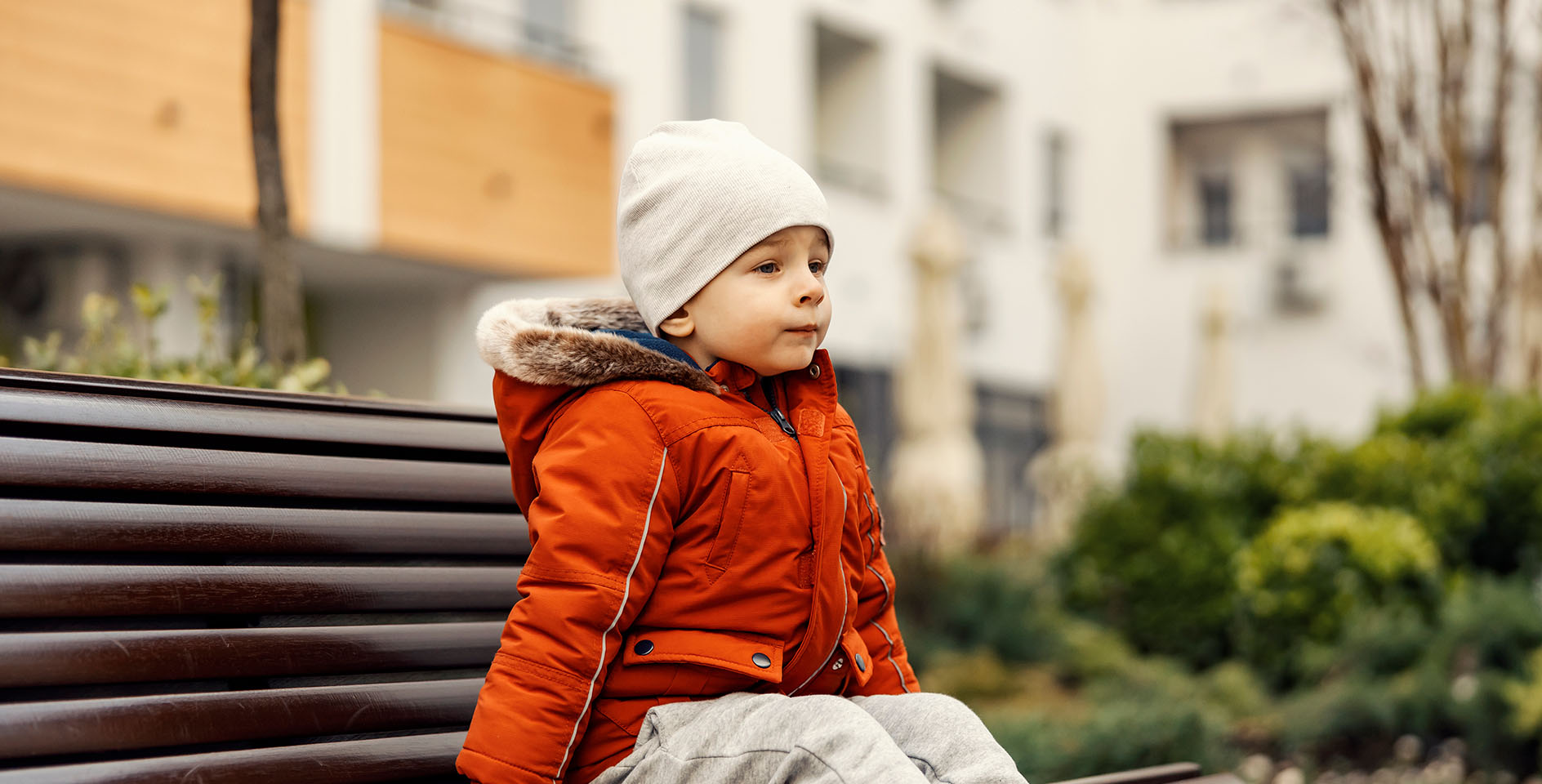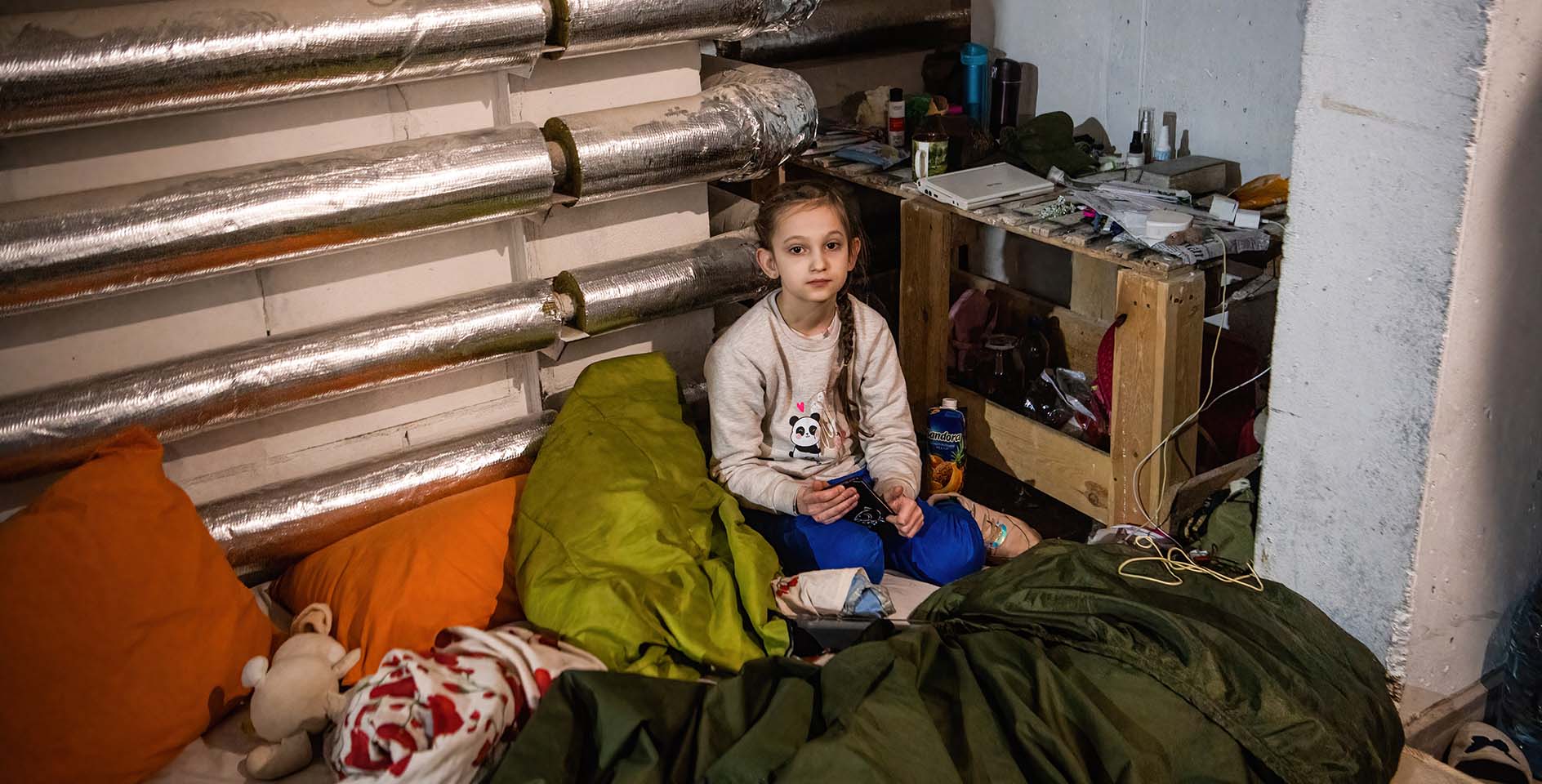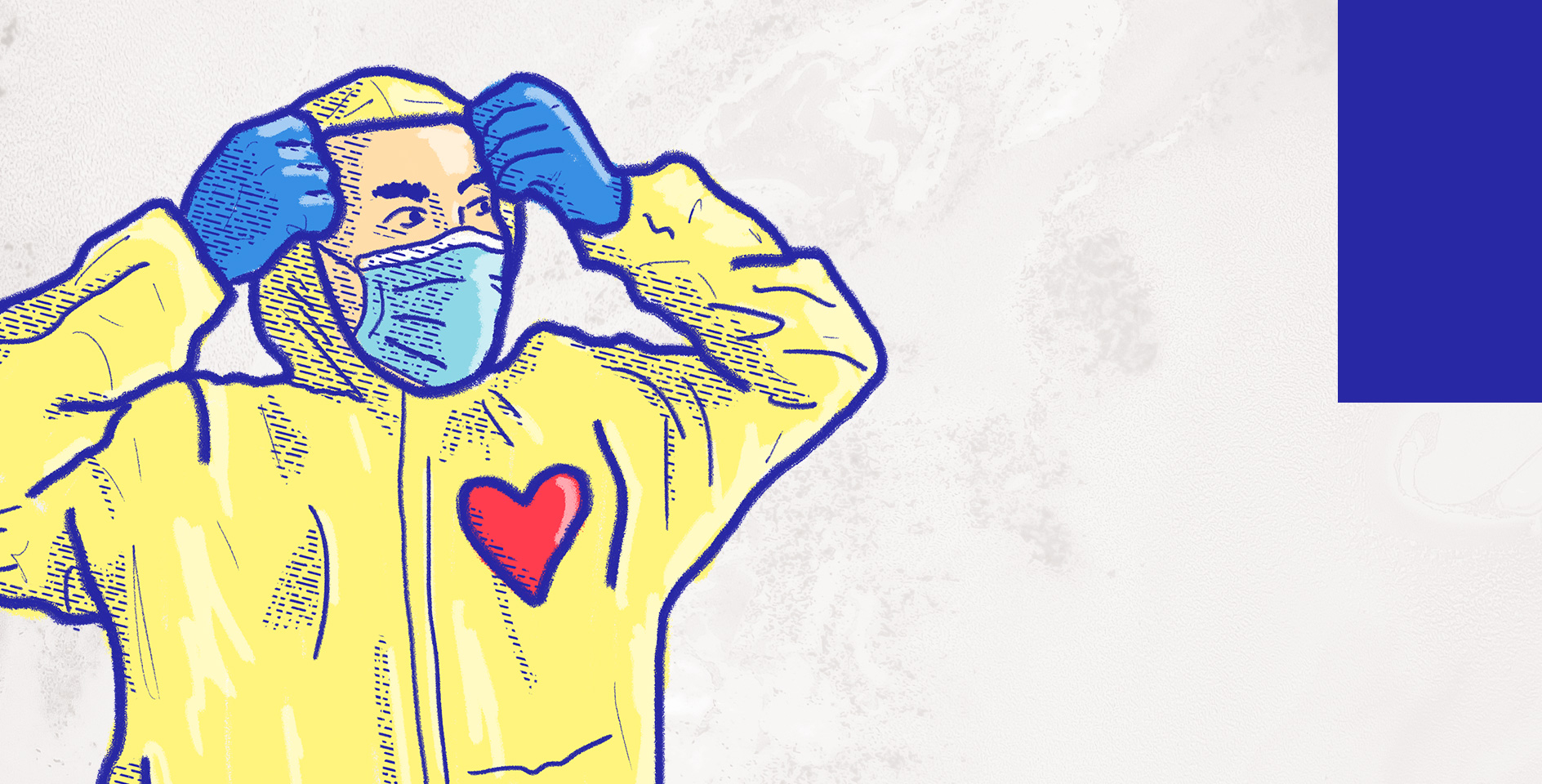Since the beginning of the pandemic, more than 4 million people across the globe have died due to COVID-19. Because the disease has mostly killed adults, though, the effect on children has been largely overlooked. Yet the untimely and unexpected deaths have had a profound effect on families. For instance, one result of the pandemic is the increased deaths of parents and primary caregivers, leaving children around the world orphaned.
A common assumption is that an orphan is defined as a child with two deceased parents. But the definition used by many adoption and relief agencies focuses on a child who is deprived of parental care. For example, United Nations Children’s Fund (UNICEF) considers a child who has lost either parent to be an orphan, and further classifies such children as “single orphan,” which is a child with only one parent that has died, or “double orphan,” which is a child who has two parents that are deceased.
While no one knows for sure how many children were orphaned because of the pandemic, a new study published in the British medical journal The Lancet has developed an estimate. This report was produced by the U.S. Centers for Disease Control and Prevention (CDC), United States Agency for International Development (USAID), and World Without Orphans, in conjunction with several global child welfare experts within the World Health Organization, World Bank, and various institutions of higher education.
According to the report, from March 1, 2020, to April 30, 2021, an estimated 1,562,000 children experienced the death of primary caregivers, including at least one parent or custodial grandparent. Between two and five times more children had deceased fathers than deceased mothers. The number of children orphaned by COVID-19 exceeded the number of deaths from the disease among those aged 15–50 years.
Some countries were more affected than others. Countries in the study with primary caregiver death rates of at least one per 1,000 children included Peru (10.2 per 1,000 children), South Africa (5.1 per 1,000 children), Mexico (3.5 per 1,000 children), Brazil (2.4 per 1,000 children), Colombia (2.3 per 1,000 children), Iran (1.7 per 1,000 children), the United States (1.5 per 1,000 children), Argentina (1.1 per 1,000 children), and Russia (1.0 per 1,000 children).
Previous studies have shown that the death of parents or caregivers increases the risks of many problems for children, including mental health issues; adolescent pregnancy; increased risks of suicide; infectious diseases such as HIV/AIDS; chronic diseases; family economic hardship; and physical, emotional, and sexual violence. Such children are also at greater risk of family separation and institutionalisation. “Institutionalisation should be avoided because of its clear damage to psychosocial, physical, and neural development,” notes the report. “Instead, investments should favour strengthening family-based care.”
The Faith to Action Initiative and several of its coalition members agreed with this warning about institutionalization and the need for family-based solutions.
“Every 12 seconds a child is losing a parent or grandparent caregiver as a result of COVID-19,” said Karmen Friesen, principal coordinator for World Without Orphans. “This is devastating and highlights the need for a massive global response. But this time—unlike in previous emergencies—we have the opportunity to get things right, because we know what works. Now is the time to invest in strengthening families and developing family care, not orphanages. And around the world, it is churches that are ideally placed to provide the wrap-around support that families in crisis urgently need.”
Christians should pray for hearts to care for these vulnerable children, for opportunities to serve them, and for God’s care for us in Christ to be put on display in the midst of such hard circumstances.






